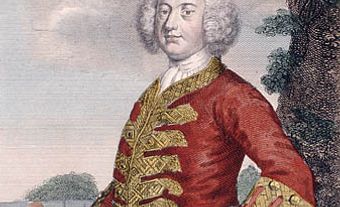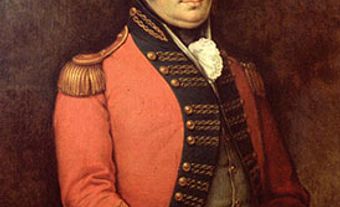Blake, Samuel Hume
Samuel Hume Blake, lawyer, judge, social reformer, pamphleteer (b at Toronto 31 Aug 1835; d there 23 Jun 1914), son of William Hume BLAKE, brother of Edward BLAKE, and son-in-law of Bishop Benjamin CRONYN. S.H. Blake attended UPPER CANADA COLLEGE and then briefly entered a Toronto mercantile firm. However, in 1858 he graduated from the UNIVERSITY OF TORONTO and in 1860 was called to the bar. He formed a partnership (now Blake, Cassels & Graydon) with his brother but in 1872 was appointed a vice-chancellor of the Ontario Court of Chancery. In 1881 he returned to his successful corporate law practice and increased his involvement in philanthropic activities. A prominent low-church Anglican, Blake played a key role in founding Wycliffe College (1877), Bishop Ridley College (1889) and Havergal Ladies' College (1894), and in the construction of St. Paul's Church (1913) on Bloor Street (still the largest Anglican church in Canada).
Blake spoke out against political corruption, wrote over 50 religious pamphlets and gave generously of his time and money to numerous organizations in an attempt to reform the social problems of his day. He was also a strong supporter of the University of Toronto, serving as legal counsel, lecturer in law, senator, governor and trustee. A brilliant, contradictory man with a compassionate heart and sharp tongue, Blake was one of the most controversial and interesting figures of his generation.

 Share on Facebook
Share on Facebook Share on X
Share on X Share by Email
Share by Email Share on Google Classroom
Share on Google Classroom


